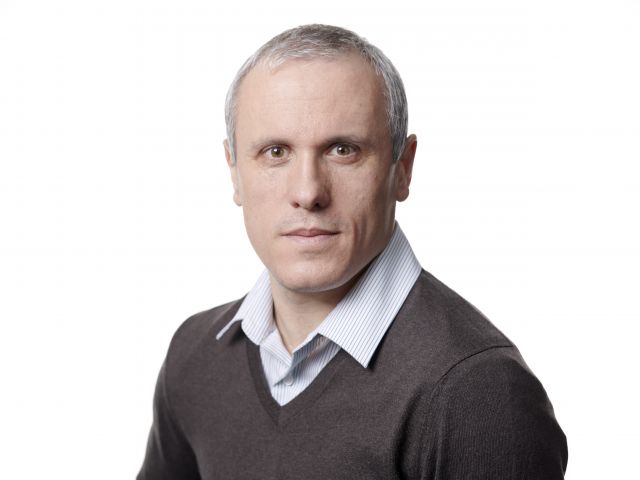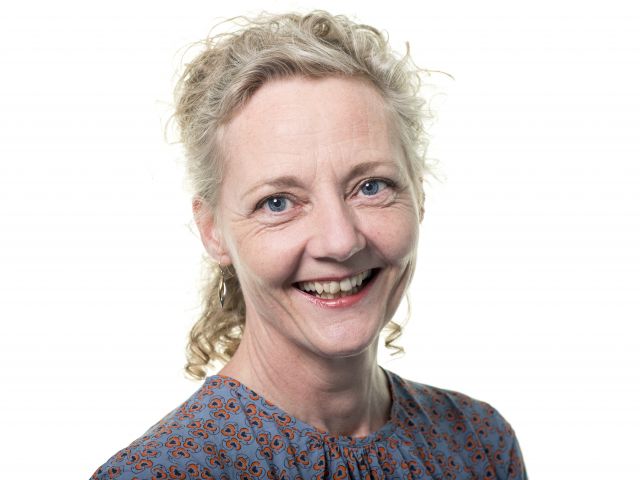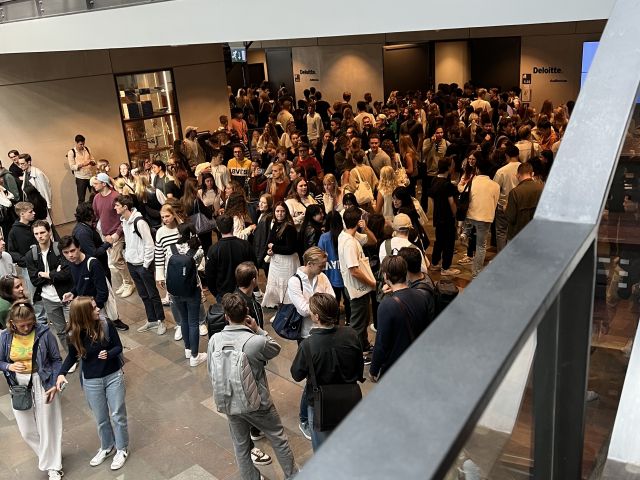Union reps want transparency about redundancy packages

Illustration: Shutterstock
The unions are hoping for a fair process – and the AC club is calling for transparency about redundancy packages. Academic union representatives expect that actual dismissals can be avoided among faculty members, whereas administrative staff are expecting layoffs.
Since the Town Hall Meeting on 22 August, the union representatives at CBS have met up with their organisations (DJØF, DM and others) to discuss strategies to mitigate the outcome of the announced round of dismissals.
The faculty are not expecting actual dismissals: “We hope that on the VIP side, we can overcome the situation with mitigating measures alone. Or, if there are dismissals, there will only be a few,” says Associate Professor Bersant Hobdari, senior union representative for the VIP employees. This, he says, is not based on an “in-depth analysis”, but on informal talks across the organisation.
“We have people who are in the later stages of their careers and are already contemplating either full or part-time retirements and who could volunteer to fully retire.”
The technical-administrative (TAP) staff are facing more dire prospects.
The expected savings total the exact same amount in the VIP and TAP areas – DKK 22.5 million each. But here, the AC TAP Club expects colleagues will most likely be laid off.
AC TAP calls for open offers of redundancy packages
On Friday 25 August, the AC TAP Club released an email message to its members stating that “We hope, however, that as many of the savings as possible can be made in the form of real remedial measures.”
The email message went on to say: “The AC Club are advocating for a process in which offers of voluntary resignation on favourable terms (so-called “redundancy packages”) are open to all employees, instead of limiting this option to select groups. Related to this, we are also striving for complete clarity and transparency regarding possible redundancy packages. We do this to ensure that anyone considering the possibility of voluntary resignation can make informed decisions before contacting their Head of Unit.”
Vibeke Ankersborg, union rep for the academic TAP group in Study Administration, which must save DKK 5 million, explains to CBS WIRE: “We think this is important because if the voluntary agreements are to be effective and work as proper mitigation measures, they should be attractive enough that employees can imagine themselves accepting them. That is why we think it would be appropriate if everyone interested, regardless of seniority, can accept voluntary agreements, and that redundancy packages are as attractive as possible.”
The email also underlines: “However, we must emphasize that even if some people want a voluntary resignation, the final decision lies with CBS’ management, and there is no guarantee that the offer will be accepted.”
Satisfied with the short process
Another union rep concern is the effect the layoffs will have on employee morale. They think the organisation is bound to suffer as a whole – and for longer than the current dismissal process.
Bersant Hobdari is mostly relieved that this process will be finished in October this year.
“We have discussed the process at General Consultation Committee (HSU) meetings and have presented our suggestions to the management. We are happy that the management has taken our suggestions about the length of the process into account. The process will not drag on for too long. The longer it drags on, the heavier it becomes on individuals to focus on their daily activities. I believe the process looks good the way it’s been outlined by the management.”



Tine Løvig Simonsen, senior union rep for the TAP group of the Study Administration reflects:
“I would like to quote a co-worker whose 25-year work anniversary we celebrated on the same day that Senior Management announced its decision concerning collective dismissals. That is: we should remember that CBS is its employees. CBS is its employees.
“Any message about collective dismissals will create upheaval in the organisation, sleepless nights and loss of productivity, because we are all worried about whether we or our good colleagues will be fired. We are also worried about who will do the tasks in the future, and about the possible risk of brain drain in the aftermath. This is already happening at other Danish universities that have been through similar layoff rounds.
“We all react differently to this situation, and I hope very much that we can give each other some extra leeway and space in the coming time.”
Bersant Hobdari adds: “This will be a topic of conversation for some months, even after the process has ended. Because, even in the lucky situation that we see voluntary agreements alone accommodating the staff reductions, it still means that people will lose colleagues. They will leave voluntarily, but they will not be there in another five or six months. And they will not be replaced. So, there will be more work for fewer people, and that will also change the workplace dynamics. So, there will definitely be an impact.”
Stay tuned for the next news story on its way about the layoffs and cost-cutting rounds at CBS: Why so sudden? The reasons for the current crisis


































































































































Comments